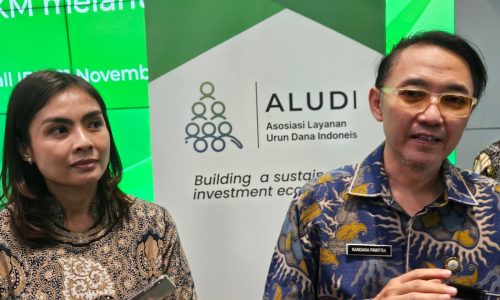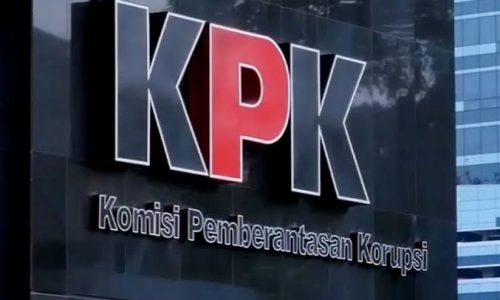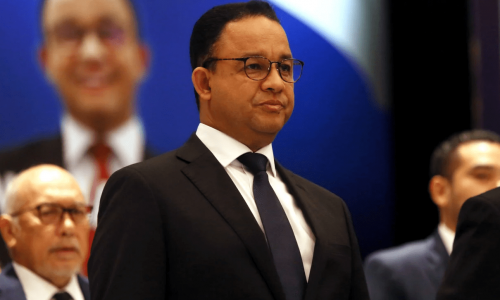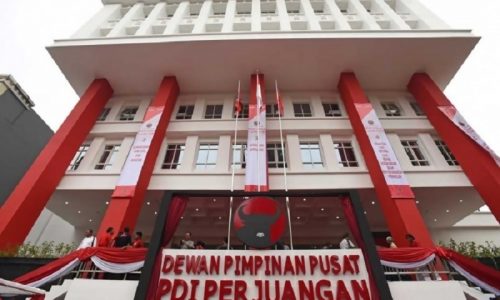The government has decided to allow textile company PT Sri Rejeki Isman (Sritex) to continue its export-import operations, despite the company’s recent bankruptcy declaration by the Semarang Commercial Court on Monday, October 21, 2024.
The decision was made in a limited cabinet meeting on Tuesday, October 29, 2024, which was precided by President Prabowo Subianto and attended by key and related ministers.
Coordinating Minister for the Economy, Airlangga Hartarto, noted that the meeting, which also involved Finance Minister Sri Mulyani Indrawati and Manpower Minister Yassierli, agreed to recommend that the Directorate General of Customs and Excise continue providing Sritex with the necessary export-import permits.
Airlangga highlighted that this decision was partly influenced by input from private curators who were also present at the meeting.
“This will allow Sritex to continue operations, safeguarding the jobs of its workers,” Airlangga stated after the meeting, on Tuesday.
He added that this approach serves as a temporary solution, especially given Sritex’s inability to access banking credit facilities due to its bankruptcy status.
At the same time, the government has not yet considered state capital assistance as a means to support Sritex’s production activities.
Airlangga emphasized that despite Sritex’s bankruptcy, the government aims to keep the permits active to prevent a complete halt in operations.
Founded 58 years ago, Sritex is Southeast Asia’s largest textile manufacturer, providing employment to approximately 14,112 workers, with 50,000 more across its group.
However, Sritex faces significant financial challenges, with outstanding debts totaling US$1.6 billion (Rp25.17 trillion) as of March 2024.
This includes long-term liabilities to banks, such as a US$71.98 million loan from PT Bank Central Asia and US$43.88 million from the State Bank of India’s Singapore Branch.
Despite the company’s debt struggles, the government’s decision to maintain export-import permits offers Sritex a lifeline to continue contributing to Indonesia’s textile industry, local economies, and employment stability.









